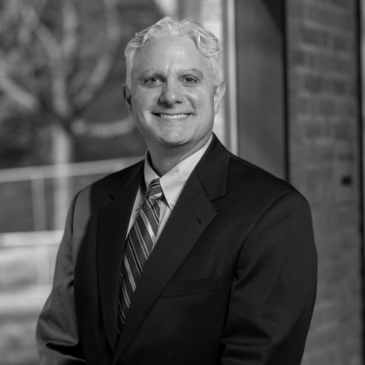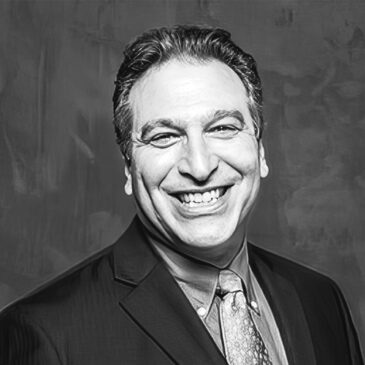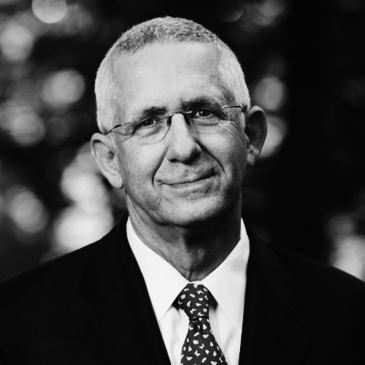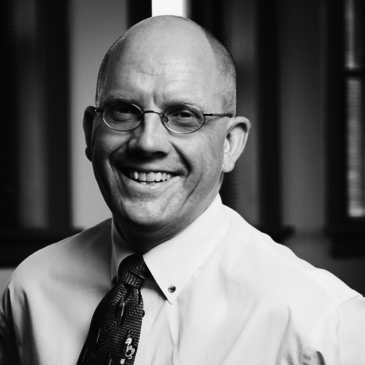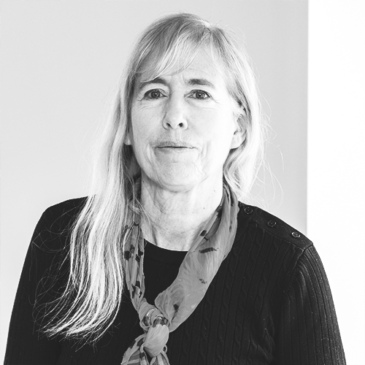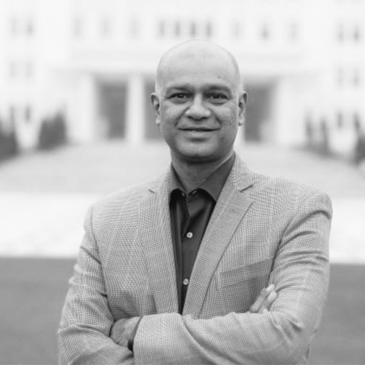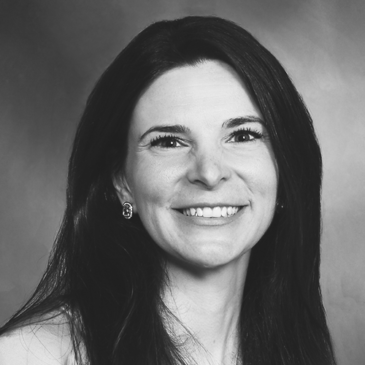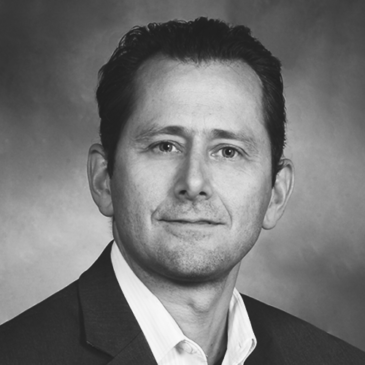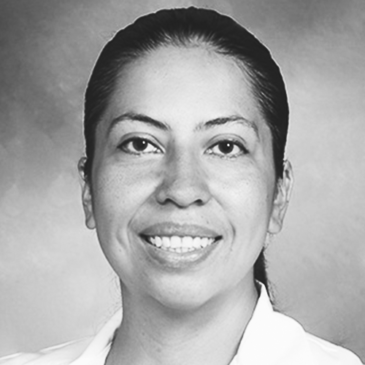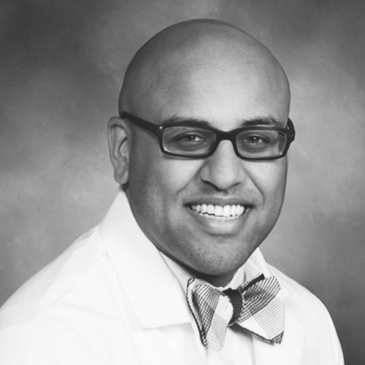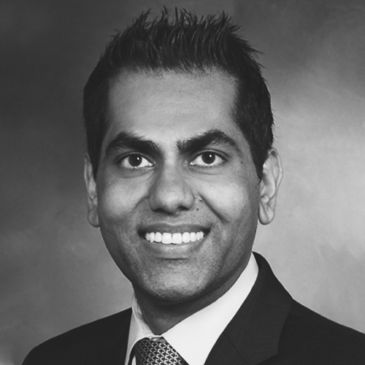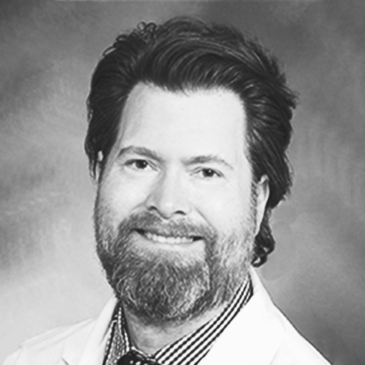Kate Walsh is Dean of the Cornell Nolan School of Hotel Administration and E. M. Statler Professor. A professor of management, Dean Walsh has been a member of the Hotel School’s faculty since 2000. She received her Ph.D. from the Carroll School of Management at Boston College and her MPS degree from Cornell’s School of Hotel Administration. She holds a Bachelor of Science degree in Accounting from Fairfield University.
Dean Walsh’s primary research is in identity, leadership, and career development. She also conducts research examining the impact of strategic human capital investments. In addition to contributing to numerous books, Dean Walsh’s articles have appeared in such outlets as Journal of Management, Journal of Service Research, Journal of Organizational Behavior, Journal of Vocational Behavior, Human Resource Management Review, Organization Science, Career Development International, The Service Industries Journal, Trends in Organizational Behavior, Research in Management Consulting, Journal of Applied Behavioral Science, The Learning Organization, International Journal of Hospitality Management, and The Cornell Hospitality Quarterly.
Dean Walsh has extensive industry experience. She is the former director of training and development for Nikko Hotels International, corporate training manager for the former Bristol Hotels, and senior auditor for Loews Corporation. Dean Walsh is also a former New York State Certified Public Accountant.
Dean Walsh began her second term as dean on July 2, 2021. Since the beginning of her administration, she has focused on positioning Nolan for the future of hospitality business education as well as contributing to the Cornell SC Johnson College of Business. This includes undertaking a comprehensive renewal of the graduate and undergraduate curricula, developing Nolan’s online global presence, launching two new graduate degree programs, and providing thought leadership for the hospitality industry, most notably through the creation of industry-based webinars to guide the industry during the pandemic as well as supporting extensive outreach and engagement through Nolan’s six centers and institutes.
Dean Walsh serves on the boards of the American Hotel and Lodging Association, including serving on its Educational Foundation’s DE&I committee, and Yonsei University’s School of Business.


